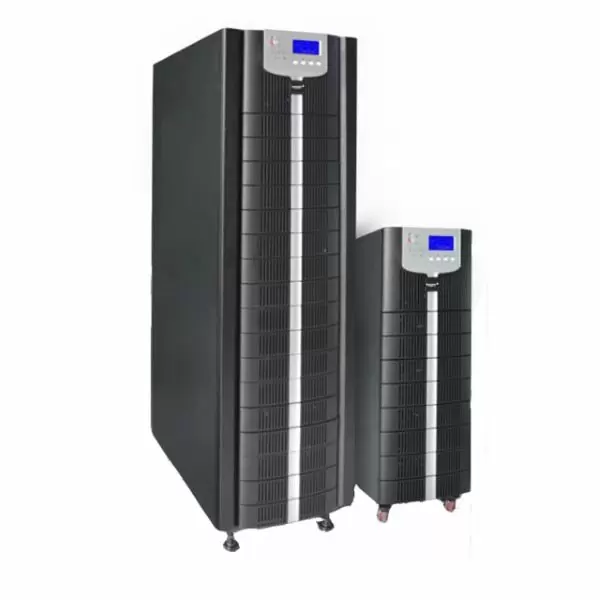A UPS (Uninterruptible Power Supply) system is an essential piece of equipment for protecting electronic devices and appliances from power outages, voltage fluctuations, and surges. It provides backup power for a limited time, but the duration depends on various factors such as the size of the UPS, the load connected to it, and the battery capacity.

UPS Capacity and Load
The capacity of a UPS system refers to its ability to deliver a certain amount of power. It is usually measured in VA (Volt-Amps) or watts. The higher the capacity, the longer the backup power it can provide. However, the load connected to the UPS also plays a critical role. The load refers to the amount of power consumed by the devices and appliances connected to the UPS. If the load is high, the backup time will be shorter, and vice versa.
Battery Capacity and Age
The battery is the most crucial component of a UPS system. It stores the backup power and delivers it to the connected devices during a power outage. The battery capacity is usually measured in Ampere-Hours (Ah) and determines how much power the UPS can supply. The higher the battery capacity, the longer the backup time. However, the age of the battery also affects its performance. Over time, batteries lose their capacity to store energy, which reduces the backup time of the UPS. Therefore, it is essential to replace the batteries periodically to ensure optimal performance.
Type of Battery
The type of battery used in the UPS system also affects its backup time. There are mainly two types of batteries used in UPS systems: lead-acid and lithium-ion. Lead-acid batteries are cheaper but have a shorter lifespan and require frequent maintenance. Lithium-ion batteries, on the other hand, have a longer lifespan, require less maintenance, and are more expensive. However, they offer better performance and longer backup time than lead-acid batteries.
Power Consumption of Connected Devices
The power consumption of the devices connected to the UPS also affects its backup time. Some devices, such as desktop computers, servers, and networking equipment, consume more power than others. Therefore, it is essential to calculate the power consumption of all connected devices and ensure that the UPS can handle the load. Otherwise, the backup time will be shorter than expected.
Operating Conditions
The operating conditions of the UPS system also affect its backup time. High temperatures, humidity, and dust can reduce the performance and lifespan of the batteries. Therefore, it is essential to install the UPS system in a cool, dry, and well-ventilated area. Moreover, the UPS system should be protected from physical damage, such as bumps, drops, or vibrations, which can damage the batteries and reduce their lifespan.
Conclusion
In conclusion, a UPS system can provide backup power for a limited time, depending on various factors such as the capacity of the UPS, the load connected to it, the battery capacity and age, the type of battery, the power consumption of connected devices, and the operating conditions. Therefore, it is essential to choose the right UPS system for the intended use, calculate the power consumption of all connected devices, periodically replace the batteries, and ensure optimal operating conditions. By following these guidelines, you can ensure that your UPS system provides reliable backup power when you need it the most.
